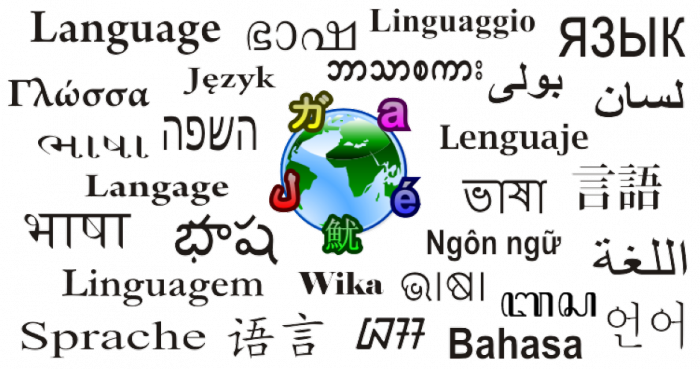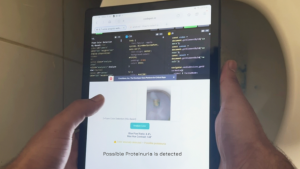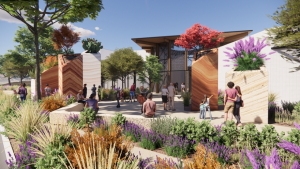When Dumisani Ndubane first came across Wikipedia there were only about ten articles related to his home language of Xitsonga and some of the information had misinterpreted the language.
This was back in 2008 and since then the number of Wikipedia pages on the language has gone up.
“I started working on the language Wikipedia and today we have reached over 600 articles. It’s very insignificant compared to the English Wikipedia but if you’re looking at my language, which is the second smallest language in South Africa, [it is significant],” explained Ndubane.
Ndubane, a monitoring and evaluation strategist at the Wikimedia Foundation, was speaking as part of a panel at Wikimania 2018 on introducing more African languages to the world using Wikipedia as a tool.
The conference, which took place last year was attended by speakers including Wikipedia founder Jimmy Wales as well as members of Wikipedia chapters from around the world.
Joining Ndubane on the panel were Nozibele Nomdebevana (of isiXhosa Wikipedia), Bobby Shabangu (who has been editing both isiSwati and English Wiki pages since 2012) and Emna Mizouni (who is part of the MedinaPedia).
Mizouni has been instrumental in increasing the number of Wikipedia articles and Wikimedia Commons images on Tunis’ medina.
She said it was important for her to help promote North African culture in Arabic: “Our culture is not the colonial languages. It’s decolonising the languages of Wikipedia by talking about smaller languages.”
In South Africa, Wikipedia entries are dominated by English even though it is a home language to only about 9.6 per cent of the population.
isiXhosa on the other hand, is the second most spoken language in the country.
Besides her work on isiXhosa Wikipedia, Nomdebevana is an interdisciplinary researcher at UNISA who is working as part of the Academy of African Languages and Science (AALS).
They have been using Wikipedia as part of their work to help sustain multilingualism through web technology, especially in education.
Their Wikipedia project shows how people who speak different languages are still able to be taught within syllabus structure.
She goes into rural schools and collects English work samples that she translates into isiXhosa before uploading them onto Wikipedia to make them easier for students to access.
“We are introducing this to students so when they are at school and don’t understand the information presented in English … they can go straight to Wikipedia and get that [translated] information,” she said.
She added: “We are not running away from English. English is very important. But, what we are trying to do is maximise the child's bilingual ability through Wikipedia.”
For Shabangu, Wikipedia is an important tool in helping people to understand the difference between written and oral languages.
He first discovered Wikipedia while gathering information for shows he produced at a Swati radio station where although the website came up tops in his searches, all the information was presented in English.
The key takeaway from the experiences of the different panellists points to how Wikipedia has become a space for the collection of knowledge on smaller language communities and making it available in a language that is easy for that community to access. The website is helping to level the playing field a bit one Wikipedia page at a time.
Read more:
Wikipedia's Cape Town conference tackles the issue of diversity
Jimmy Wales speaks on diversity and the value of knowledge in one's mother tongue
Talking African art repatriation with curator and anthropologist Meskerem Assegued







